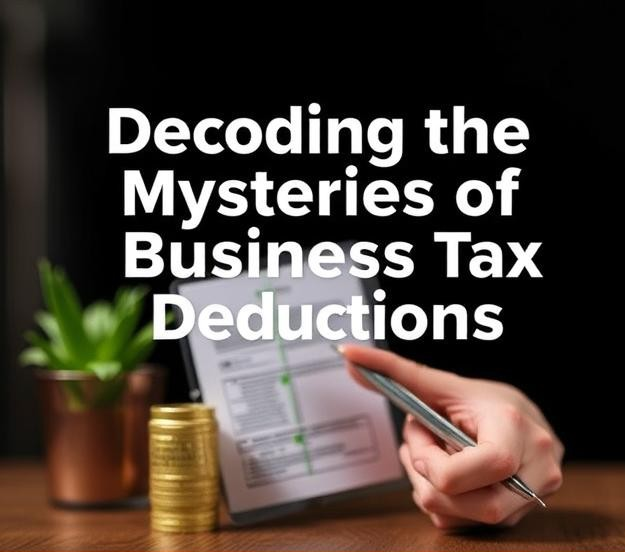Understanding business tax deductions can feel like navigating a complex maze. For many business owners, it’s more than just filling out forms—it’s about leveraging the full extent of available deductions to keep hard-earned profits in your pocket. In this article, we’ll explore what tax deductions are, which ones your business may qualify for, and how to effectively maximize these opportunities while remaining compliant with tax regulations.
What Are Tax Deductions?
Tax deductions lower your taxable income. What does that mean? Put simply, the more deductions you can claim, the less income you’ll be taxed on, which ultimately reduces your overall tax liability. For instance, if your business earns $100,000 but you qualify for $20,000 in deductions, you’ll only pay taxes on $80,000.
Common Tax Deductions for Small Businesses
There are numerous tax deductions available for small businesses. Let’s break down some of the most common categories:
1. Operating Expenses
This includes costs that are directly related to the operation of your business:
- Rent or Lease Payments: Whether you rent office space or lease equipment, those payments are typically deductible.
- Utilities: Expenses such as electricity, water, and gas bills used for your business operations qualify for deductions.
- Salaries and Wages: The compensation you pay to employees is deductible, which includes health and retirement benefits.
- Marketing and Advertising: Any money spent on promoting your business can be taken as a deduction. This covers digital marketing costs, print ads, and more.
2. Business Equipment and Depreciation
When your business invests in tangible assets, such as computers or furniture, these are deductible over time through depreciation:
- Section 179 Deduction: This allows you to deduct the full purchase price of qualifying equipment immediately, rather than depreciating it over several years.
- Bonus Depreciation: Businesses can claim a larger deduction for certain types of property fulfilling specific criteria.
3. Home Office Deductions
If you operate your business from home, you might qualify for a home office deduction, which requires:
- The space must be used regularly and exclusively for business purposes.
- You can either calculate your home office deduction based on actual expenses, or you may choose the simplified method, which allows a standard deduction per square foot of your home office.
4. Business Travel Expenses
Traveling for business? You can deduct associated costs:
- AIRFARE: If you travel to meet clients or customers, the cost of airfare is deductible.
- Hotels and Meals: Overnight lodging costs and a portion of meal expenses are also deductible while you are away from your usual place of business.
- Transportation Costs: Any rental cars, taxis, or mileage driven in a personal vehicle for business use can be claimed.
5. Education and Training
Expenses related to continuing education can often be deductible, including:
- Courses and Workshops: Anything that helps you improve your skills or knowledge relevant to your business can be deducted.
- Certifications and Licenses: These professional fees are also deductible.
How to Claim Tax Deductions Effectively
Now that we’ve covered various deductions, let’s discuss how to ensure that you make the most of them:
1. Keep Detailed Records
One of the most important aspects of claiming deductions is accurate record-keeping. Save receipts, invoices, and bank statements that support your claims to avoid issues during tax season.
2. Separate Personal and Business Expenses
Consider opening separate bank accounts and credit cards for business-related expenses. This simplification process makes it easier to track spending and substantiate deductions.
3. Consult with a Tax Professional
A certified public accountant (CPA) or tax advisor specializing in small business can help you navigate the landscape of deductions effectively. They can maximize your claims and ensure compliance with tax laws.
Conclusion
Understanding and utilizing tax deductions can lead to substantial savings for your business. By keeping meticulous records, separating business finances, and seeking expert advice when needed, you can ensure you are taking full advantage of the deductions available to you. For a tailored approach to your tax needs, connect with Local Outsourced Accounting Department today.


